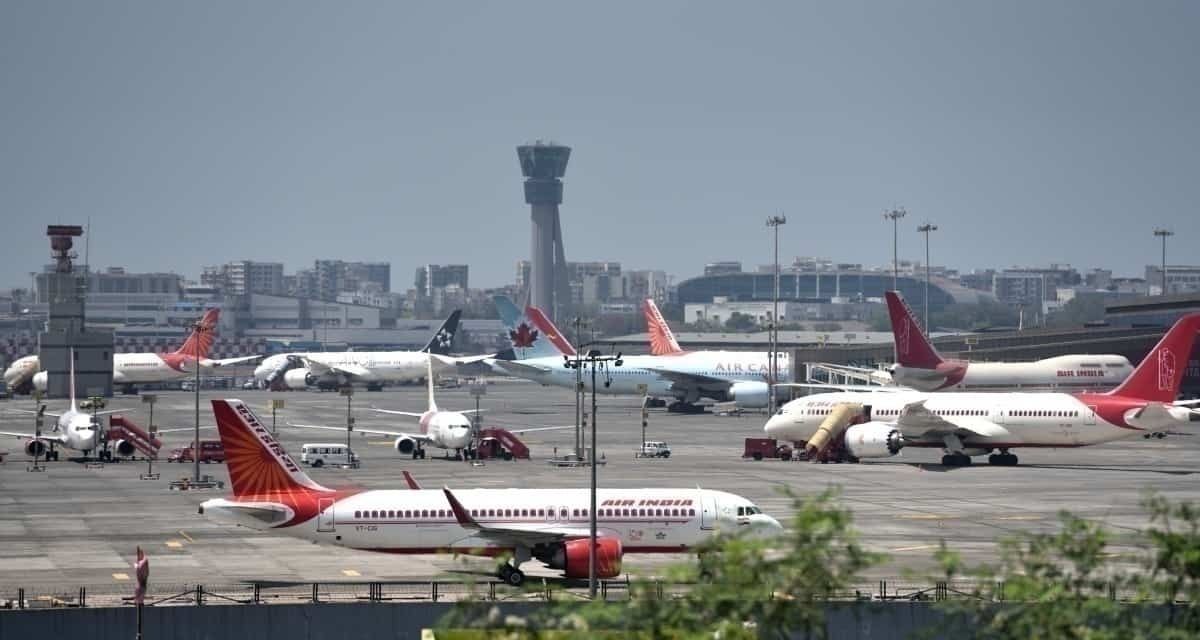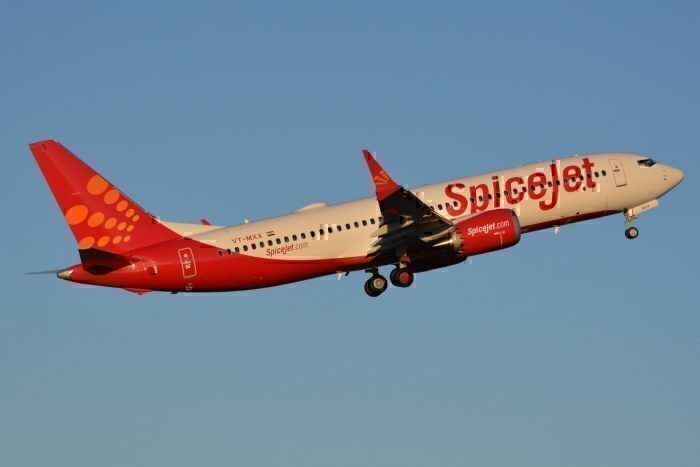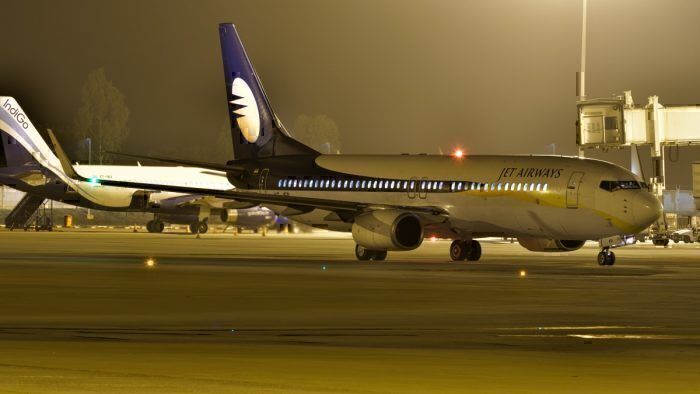Yesterday, the Indian government announced it would be extending its ban on international flights in and out of the country. The ban was originally set to be lifted on 31 March but has now been extended until 14 April as the number of coronavirus cases in India continues to rise.
On Wednesday, India began its 21-day lockdown, following numerous other countries into a state of temporary stasis. The country has already temporarily canceled visas for almost all foreign citizens and has had a ban on international flights in place since last Sunday. A ban on domestic flights followed shortly after, coming into effect on Tuesday.
International flight ban extension
The ban on international flights, which was introduced last Sunday, was originally only supposed to last for a week. However, India has seen a significant uptick in confirmed cases of COVID-19 since then, with the nationwide total more than doubling from 396 to 863 cases. Additionally, now that the full lockdown has been put into place, demand for flights, especially international ones, is a fraction of its normal level.
Although the ban will apply to virtually all passenger flights, India’s civil aviation ministry says that a few exceptions will be made. Firstly, cargo flights, which are particularly important at times like these, will still be permitted to run as normal. Secondly, flights that have been specifically approved by the Directorate General of Civil Aviation will also be permitted. This will likely include repatriation flights for citizens of other countries who are currently stuck in India.
While international flights have been banned until 14 April, the ban on domestic flights is currently set to last until 31 March. However, depending on how well India manages to contain the spread of the virus, the domestic flight ban may also be extended further.
The impact on India’s airlines
The coronavirus pandemic is expected to have a catastrophic effect on the aviation industry all over the world, and India’s carriers are particularly vulnerable. India’s aviation industry has experienced strong growth over recent years, with a number of young carriers vying to capitalize on the increasing volume of passenger traffic into and out of the country.
Last year India saw its largest airline Jet Airways collapse as a result of increasingly stiff competition in the local market. While the loss of Jet Airways was a shock, its domestic competitors have been quick to capitalize on its collapse, investing large amounts of money and resources to fill the gap it left behind.
Now, the coronavirus pandemic threatens to strike Indian carriers while they are vulnerable. In particular, it looks like SpiceJet is in the most danger of going under as a result of the current shutdown. The airline has weak profit margins and has seen 75% of its share price wiped since the beginning of the coronavirus outbreak.



